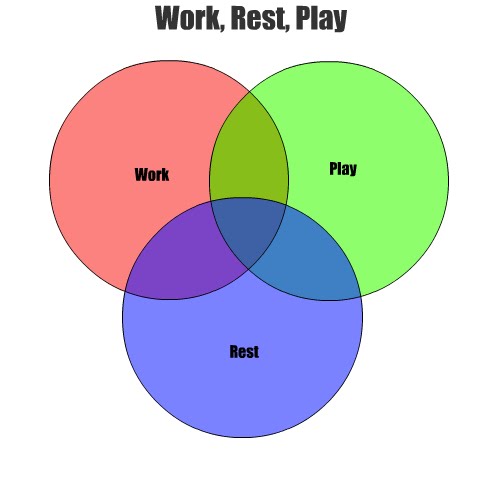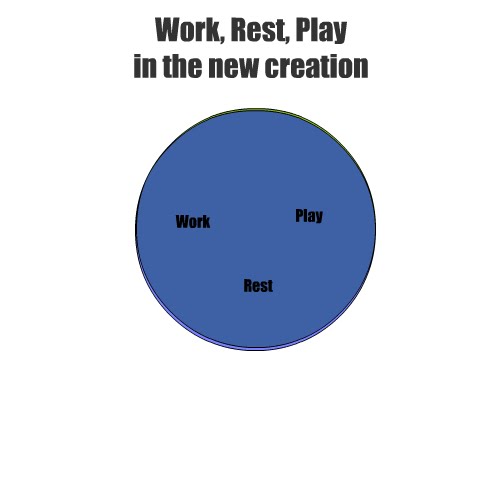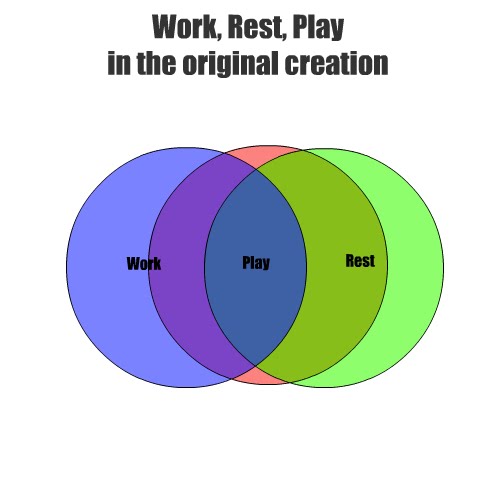Izaac, in reflecting on the Engage conference he was at recently, mentioned what he sees as a push towards redemption in our doctrine of creation. I think it’s probably a helpful corrective, I have been accused of having an “anaemic doctrine of creation“1 in the past. Pretty much any time I said anything about why I think caring for the environment is a secondary issue (compared to preaching the gospel).2 I’m not suggesting it has no value, just that it only has value when it aids our primary purpose.
The danger of correctives is that they push to far. As Zack points out, and Mikey reiterates. Here’s the quote from Izaac:
“But I’m concerned when redeeming creation is starting to get equal billing with the gospel. The balance hasn’t tipped yet, but it ain’t too far away. At the moment its simply good critiquing of the church.”
This issue nicely fits in with my post about work, rest and play, and my post about my ethical framework – and the “redemption angle” is probably the best articulation of the difference between my approach on the issue of gay marriage, and Mark Baddeley and Tim Adeney’s corrections (and I think, by extension, Oliver O’Donovans – who I really need to read).
Here’s my doctrine of creation in analogy form (from a comment on Mikey’s post). As you’d expect, it takes a pretty utilitarian approach to “redeeming creation” where the end is not the work in itself, but the work of the gospel.
I like to think of culture/the world as a sinking ship, Robinson Crusoe style, where any redemption is pulling stuff off the ship and waiting for a new one to come. I think sitting around on the ship polishing floors (or rearranging the deck chairs on the Titanic) is a little pointless in the bigger scheme of things… Even though the ship will eventually be refloated.
I think the concept of “redemption” is more helpful, and more often related, to getting people off the sinking ship as opposed to cleaning up the sinking ship. And I think, to stretch the analogy, that cleaning the ship is only useful so long as it clears a pathway to make it easy for other people to get off.
So I think we ought to work hard too, but I think we ought to work hard primarily because it’s part of the process of having a consistent witness and part of our gospel mission.
I think the restoration, Romans 8 style, is a complete renewal of Creation not just a renovation where God fixes the bits we’ve missed. It seems to me that the planet gets a refresh regardless of our efforts – while people don’t get that same second chance, so that’s where we should be focusing our energy (unless you’re a universalist, in which case being a tree hugging hippy is equally morally valid).
I guess my sinking ship analogy almost perfectly personifies a retrieval ethic. And I’m ok with that.
Also, this PDF study guide to Christian ethics from AFES is pretty good.
1Also, it’s very interesting how closely my conversation with one “David Walker” paralleled my conversation with one “Mark Baddeley” – perhaps they are the same person. Separated by oceans.
2And nothing proves the point about the danger of being a corrective like the way I put forward those views in that pretty ugly series of posts. While I agree mostly with what I said still – there was a bit of nuance missing. I don’t think either/or dichotomies are a helpful way of approaching these issues – I think primary/secondary concerns is probably better – and acting for a secondary concern can often aid in a primary concern, but should never supplant, or contradict, it. That’s my theory.


